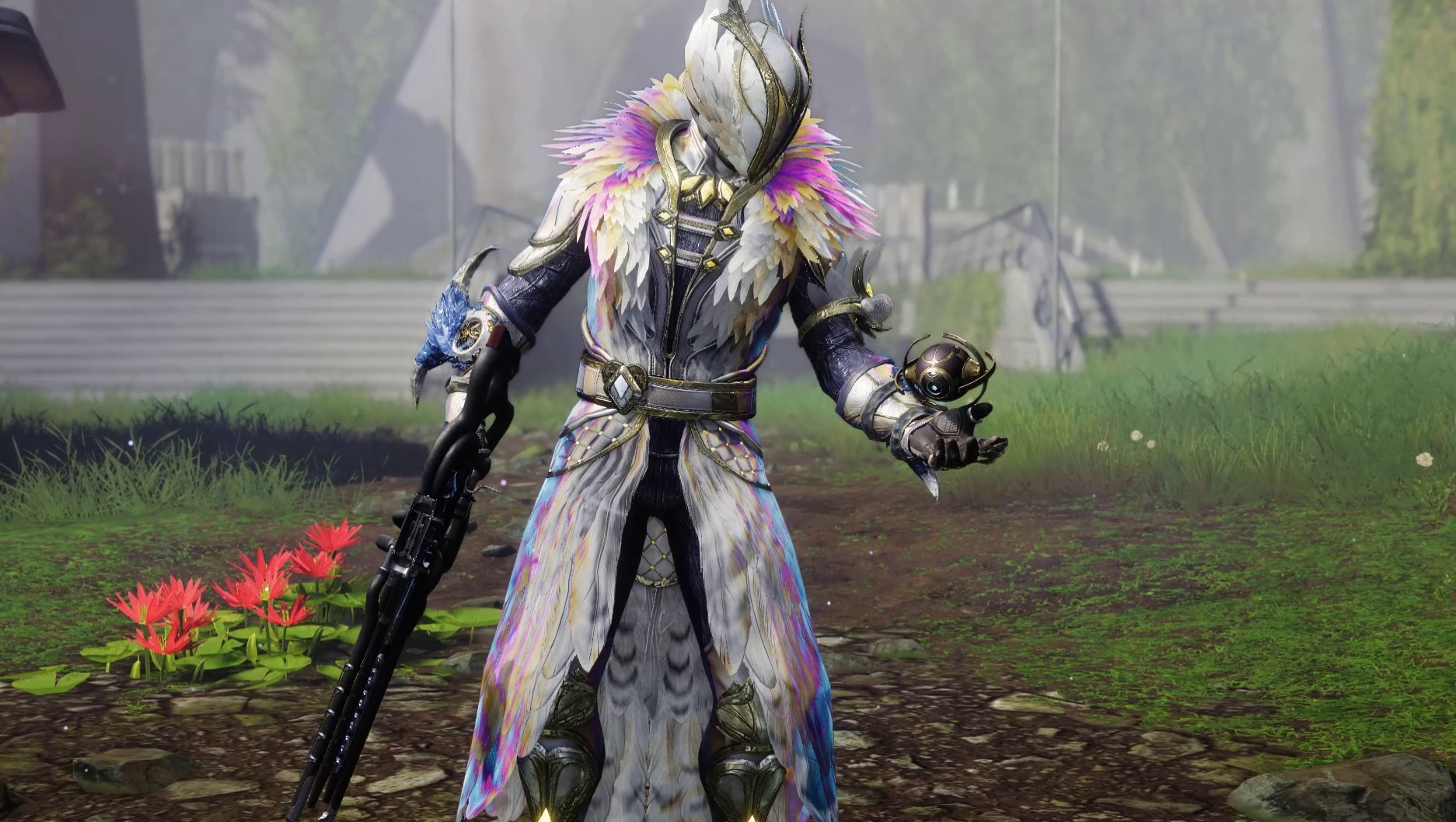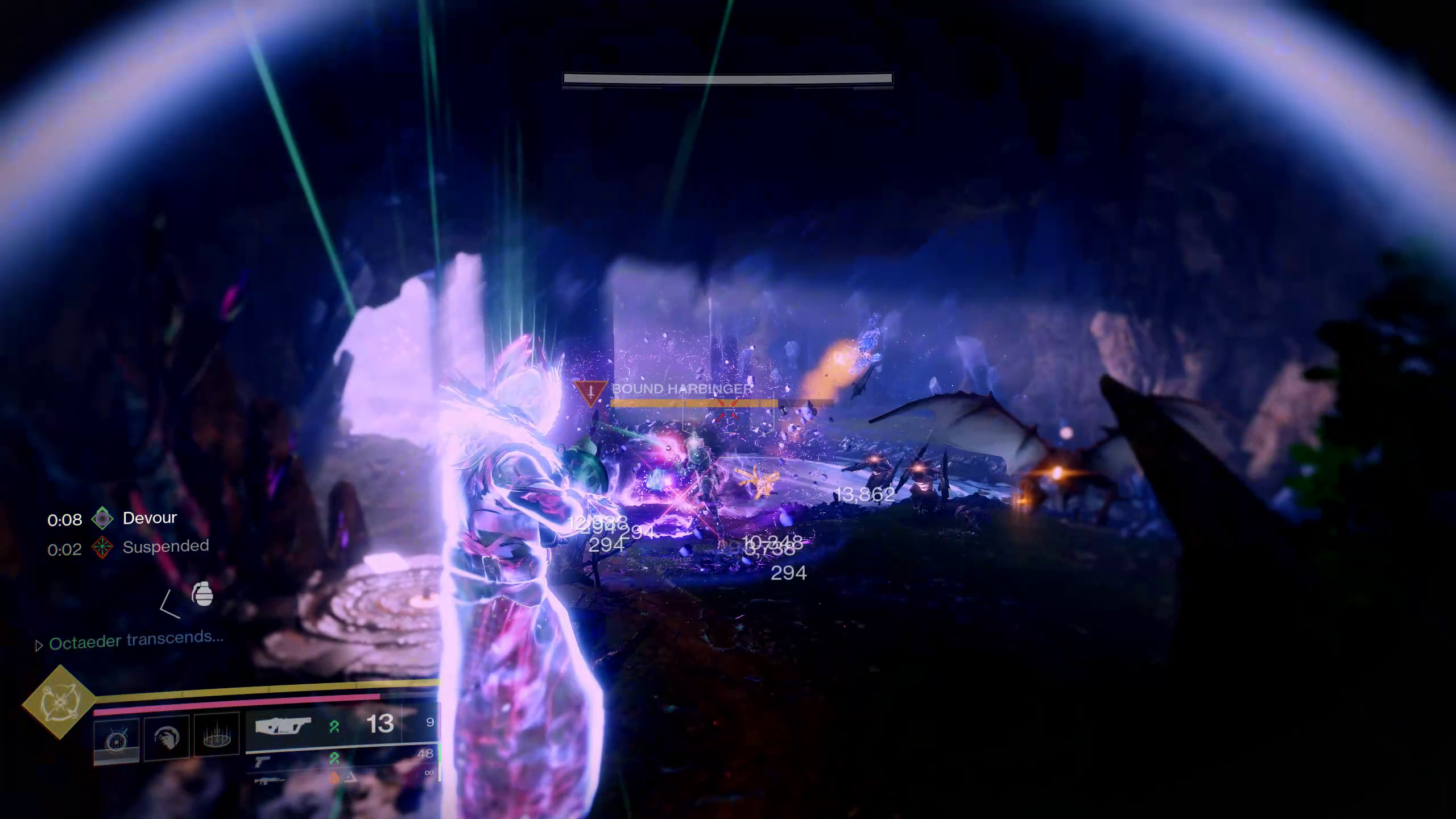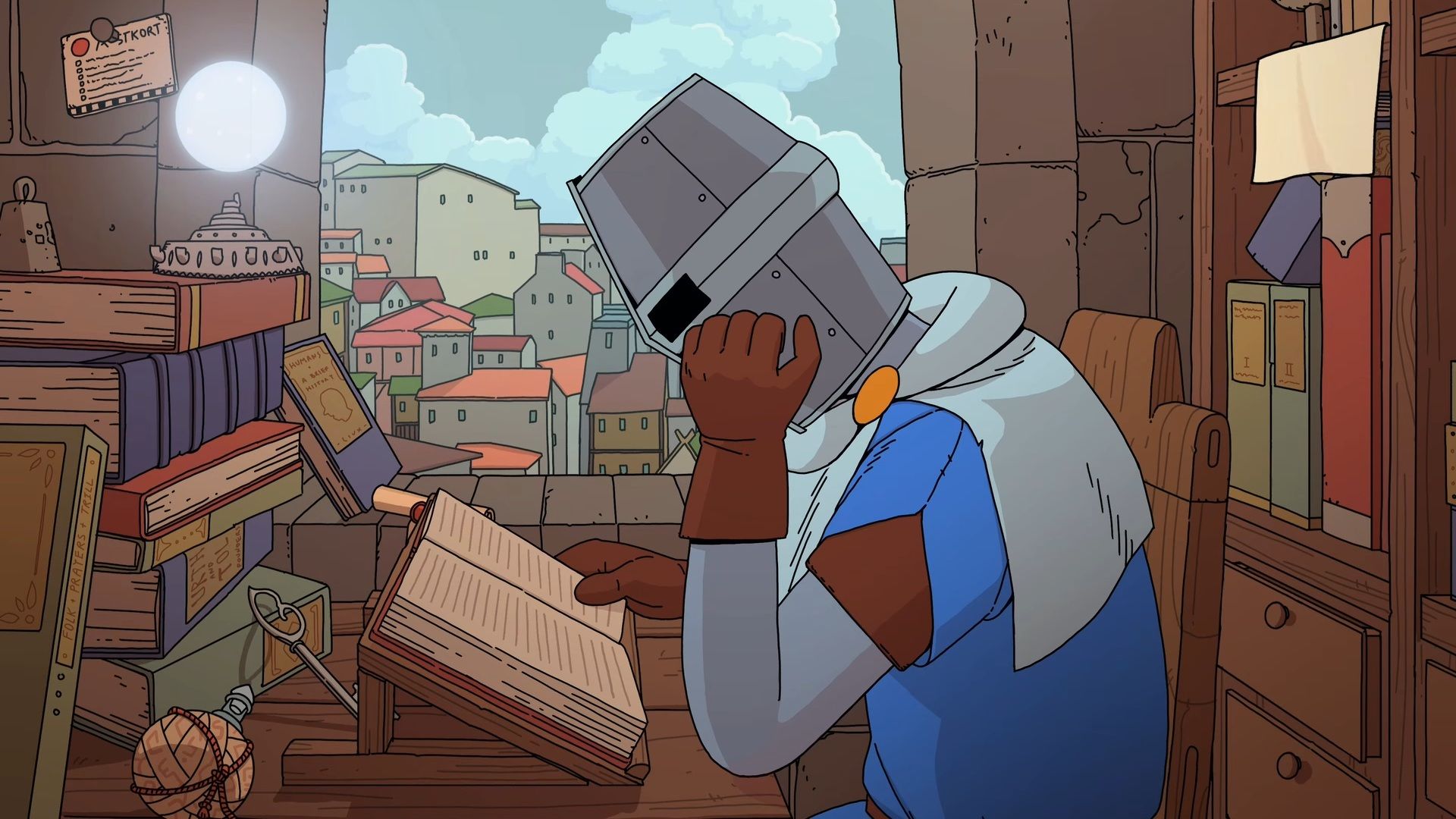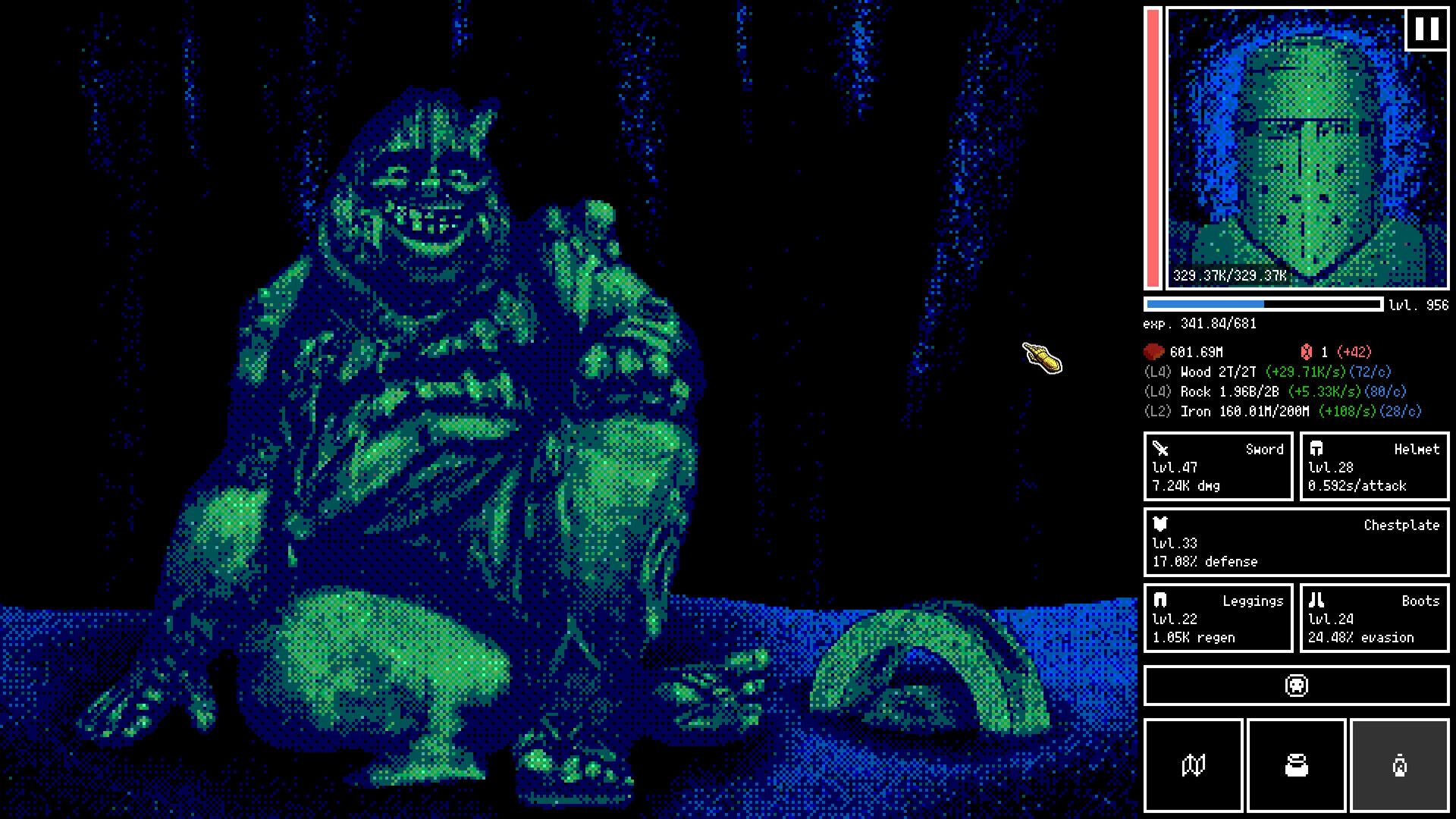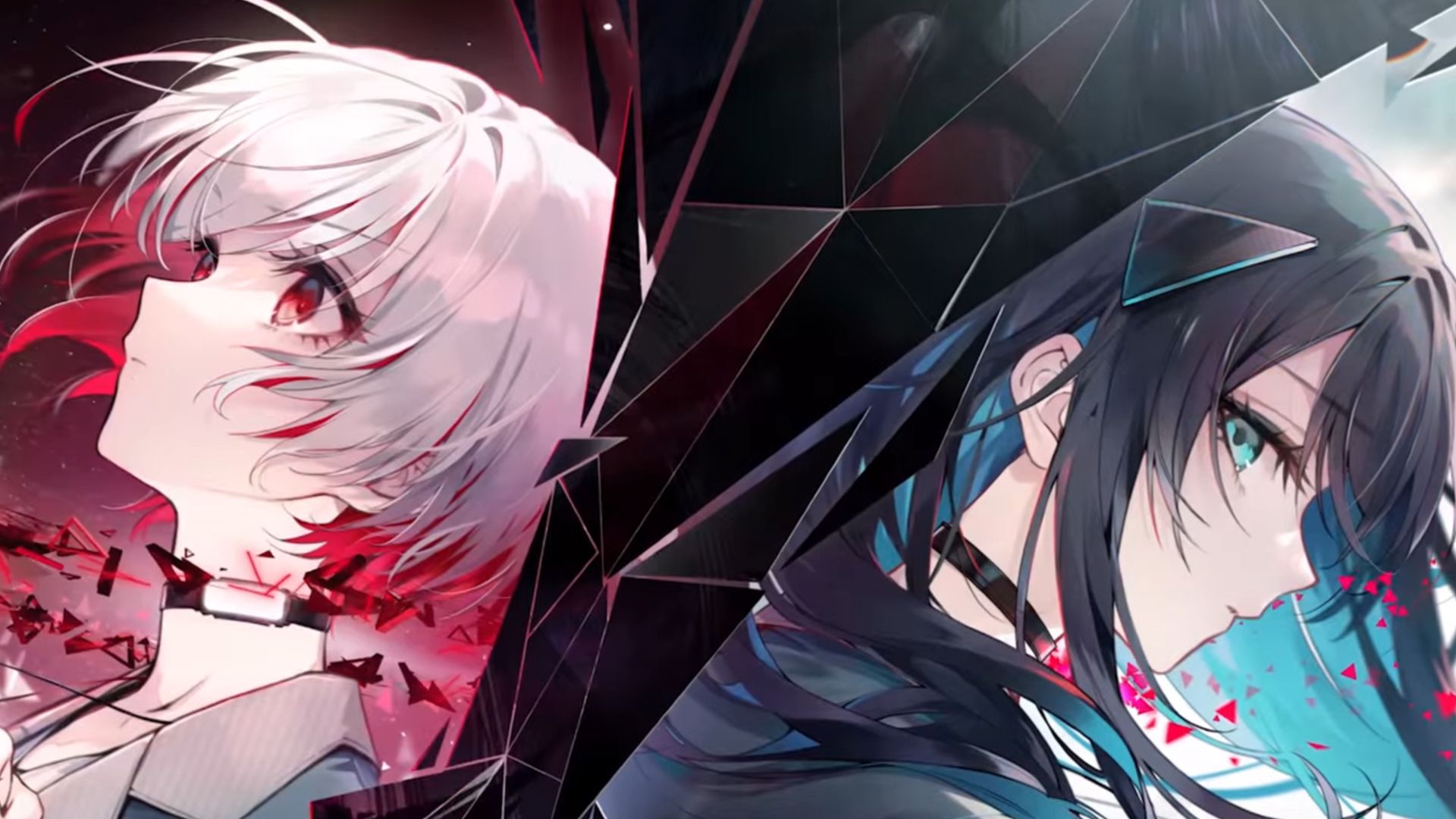As I write this, The Final Shape’s Steam rating sits at an eye-watering 42%—although it has been slowly climbing. Destiny 2—hell, live service gaming in general—is no stranger to a rocky launch, but day one of The Final Shape was particularly frustrating. Constant error codes meant getting regularly kicked to orbit, which for some meant broken encounters and missing cutscenes for this, the finale of Destiny’s first saga.
Now that the server issues have seemingly passed, I expect that Steam rating will keep climbing. The Final Shape’s campaign is very good—a major return to form after the disappointment of last year’s Lightfall.
It helps that the story is so focused. The Witness is inside the Traveler, trying to enact his plan to reorganise and lock the universe into a perfect stasis—an eternity frozen in the moment of everyone’s greatest triumph (or biggest regret). A massive lego diorama made up of everything from soil to apples to dragon guts. Our job is to stop it.
Crucially, though, focused doesn’t mean bland. The importance of our mission inside the Traveler manifests in a small crew, who each get their turn in the spotlight. Ikora, Zavala, Crow and Cayde-6 are all in here with us, and each gets time along the road trip for some smaller character moments and bigger revelations. There’s some slight unevenness in the balance of the story. The first few missions and cutscenes spend a little too much time explaining what The Final Shape is—although I’ll take this over Lightfall’s refusal to even ask the basic questions about its big concepts. Meanwhile, the mid-section character arc for Zavala feels slightly rushed—characters quickly descending into bickering and infighting in a way that felt forced.
Overall, though, it works. There are good payoffs here, even if you’re not going to get any Earth-shattering answers to the wider mysteries. At no point during the campaign does the Traveler turn to the camera and say, “Anywhere, here’s how Ghosts actually work.” That’s not the story being told here. The Traveler remains frustratingly out of reach—all symbolism and allegory and demands of faith. The mystery is the point.
As the journey of a small band against seemingly impossible odds, it’s a fun time, and the structure of the campaign supports it well. There are no distractions here. Sure, you can fly off and play a Crucible match—you’re not locked in. But until the campaign wraps up, there is little else clamouring for your attention. The first episode—this year’s replacement for seasons—doesn’t kick off until next week. The Pale Heart of the Traveler doesn’t unlock as an explorable destination until after the campaign is over. It’s just you and your mission. And maybe some Gambit if you really must.
Bungie noted the linearity of the Pale Heart as a destination back when The Final Shape was revealed, and it definitely has an effect on the campaign. You can see your progress through the story based on your location within the Pale Heart as you play. The campsite that acts as a waypoint should you leave the destination is constantly moving—relocating to the place where you finished the previous mission. You cannot freely explore beyond these bounds. It’s just you and your team, moving steadily towards the Witness’s stronghold.
That linearity is felt in the environments of each mission too. The path to the Witness is created from the memories of the people inside the Traveler—the Guardians, their Ghosts, and even the Witness itself. That means the early missions lean heavily on nostalgia—a recreation of the Destiny 1 Tower, bright and covered in plant life; a section of Io, the last place the Traveler visited before the Collapse. It’s a fun gimmick within the missions, giving each a shape suited to the story being told. And each location doesn’t exist just for the player’s own nostalgia, but the characters’ too. One fight in a location ripped from Zavala’s memory is particularly striking.
At times the nostalgia bait can feel heavy handed, but Bungie does a decent job keeping the Witness in focus. Even when you’re being tempted by a familiar location, elements of it will be dissected—a sign that The Final Shape is still looming. I’ve not explored the post-campaign missions yet, but I do wonder how the Pale Heart will hold together as a patrol zone. Each destination feels so tailored to its respective mission that it risks feeling disconnected and scattershot in isolation—always a danger when dealing with a magical world with no real rules or internal cohesion.
The most interesting areas come later in the campaign, as the tone turns darker and we approach the Witness itself. It’s the Witnesses’s memories that we’re walking through, catalogued and ordered and strange. I’ve loved the aesthetic of the Pyramid ships ever since it was properly fleshed out in the Vow of the Disciple raid, but here things are taken even further. It’s cool and ominous, nicely matching the tone set by the story at that point. The campaign does a lot of things right, but one of the biggest is that it makes the Witness—previously an ominous figure with a weird plan—feel menacing.
Once again, I played through on the legendary difficulty option. As a whole, I think The Final Shape’s campaign is slightly easier than both The Witch Queen and Lightfall’s. In part, that’s because I’m more used to the difficulty of Destiny 2’s legendary campaigns at this point, but also because many of the combat arenas here are more open and full of cover. It’s certainly the case that we’re more powerful, too. It’ll be interesting to see how Prismatic—the new subclass that lets you mix-and-match elements from each of the other five—lands in the game as a whole, but in the campaign it proved more than up to the task. On Warlock, the simple act of having Voidwalker’s Feed the Void aspect paired with Dawnblade’s Incinerator Snap melee attack is potent—saving me from many dumb mistakes.
The new seasonal Exotic weapon, Red Death, is a beast too. The sandbox changes make pulse rifles more viable now, and this one constantly cures you for kills. It’s a toolset tailor made for surviving the difficulty of this campaign.
The combat was always going to be good—even Lightfall’s encounter design was strong, it was just let down by its disastrous soup of a narrative. But The Final Shape has a few other things going for it that make it stand out. First is the new faction, the Dread. They’re a useful wrinkle—a new challenge that can easily catch you off guard. The two new subjugator units, the Harbinger and Omen, are particularly deadly. Almost every time I was killed mid-fight, it was because of one of their heavy Stasis or Strand attacks. Their damage and debuffs often took me by surprise. The boss variants are maybe a little too tanky in terms of health—between them and the Tormentors, I was glad to have my Cataphract to hand—but they’re nonetheless the linchpin of some of the best, most challenging fights in the campaign.
The Final Shape’s other trick is its puzzles, which adapt liberally from previous dungeons and raids. If you’ve played Vow of the Disciple, Root of Nightmares or the Prophecy dungeon, you’ll quickly pick up what to do—none of it is difficult or designed to make you think too hard—but the extra complexity gives the game’s fights a different shape. It’s rarely about just surviving or clearing a room. You have a reason to move through the space, forced to push into danger in order to untangle the threads that will make your main target vulnerable to damage.
Overall I’m satisfied with what Bungie’s done here. It’s not the big Light vs Darkness confrontation I once expected from Destiny’s conclusion, but it’s a worthy end to what Destiny 2’s story became, post-Shadowkeep, when The Witness began to be seeded as the figure behind the curtain. Is it the best Destiny 2 campaign? Hard to say. The Witch Queen was such a departure from the norm that it has the benefit of being Destiny 2’s first serious expansion campaign—a surprise and a delight that is memorable for how much better it was than what came before. The Final Shape is Bungie’s third such attempt, and so, while it does a lot of novel and satisfying things, it is still a known quantity. Despite that, though, it feels like we’re on course for a satisfying end to the saga. Given all of Lightfall’s issues, that alone is a success.
We’re not done yet, either. The campaign here is seven missions, but the story directly leads into Friday’s raid release, and, after that, the final mission will be available. What we have now is a strong build to this weekend’s finale—if Bungie can stick the landing, The Final Shape should comfortably sit alongside The Taken King and The Witch Queen as one of the series’ best. Fingers crossed the raid launch avoids the same server issues that plagued the expansion’s first day.


